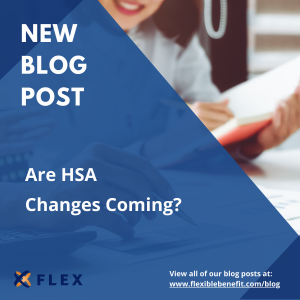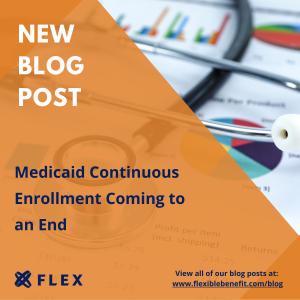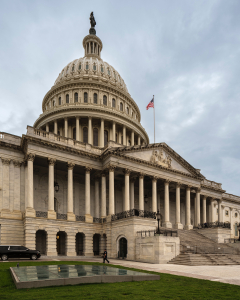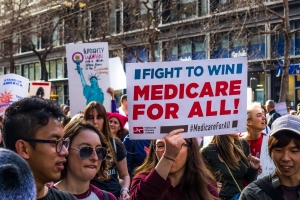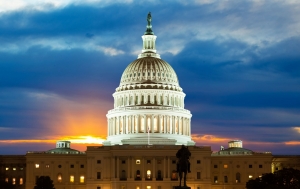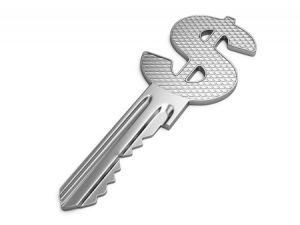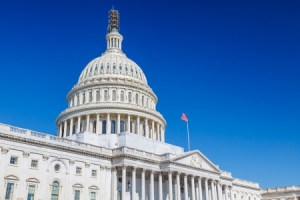Congress
The House Ways and Means Committee recently cleared legislation which would make substantial enhancements and improvements to Health Savings Accounts (HSAs). There are two bills which have now been cleared for a vote in the House of Representatives (House). If passed in the House, the bills would then need to be approved by the Senate before going to the president for signature.
At the start of the COVID-19 pandemic in 2020, Congress enacted a law called the Families First Coronavirus Response Act (FFCRA). One of the provisions of the FFCRA included a requirement that state Medicaid programs keep individuals continuously enrolled in coverage through the end of the month in which the COVID-19 public health emergency (PHE) ends. In return, state Medicaid programs have received enhanced federal funding.
The term “Medicare for All” has been making headlines recently. Democrats across the country have made this concept a central part of their platforms, and polls have shown that more than half of Americans are in favor of it.
But what does it really mean? Well, the best answer is that it means different things to different people.
Last month, U.S. Representative Mike Kelly (R -PA) introduced the Bipartisan HSA Improvement Act. The proposed legislation would improve and enhance Health Savings Accounts (HSAs), and unlike most other HSA initiatives, this bill has bipartisan support.
HSAs have been an agenda item for the Republican party since their inception in 2004, but they are now gaining support amongst Democrats too. The Bipartisan HSA Improvement Act is co-authored by Rep. Earl Blumenauer (D-OR) and is being co-sponsored by a mixture of Republicans and Democrats including Erik Paulsen (R-MN), Ron Kind (D-WI), Terri Sewell (D-AL) and Brian Fitzpatrick (R-PA).
